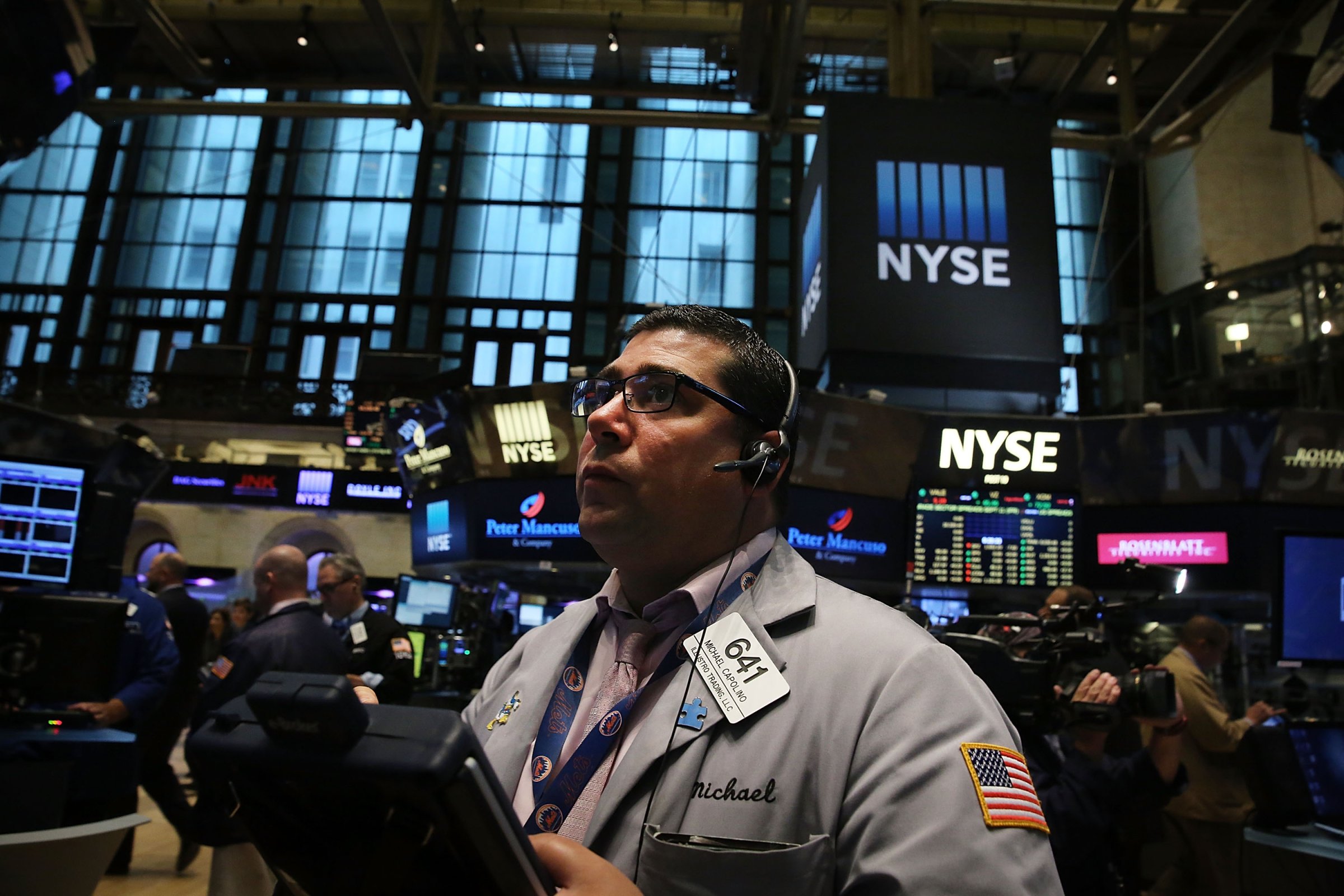
Are markets irrationally exuberant? Nobel Prize winning economist Robert Shiller believes they are.
Shiller, a behavioral economist, closely tracks investors’ feelings about the market. He believes that emotions can hold the key to market movements. When I saw Shiller late last week for an interview about his new book on the economics of deception (“Phishing for Phools,” written with Fed Chair Janet Yellen’s husband George Akerlof), he told me more investors are worried that the market is over-valued than at any time since the peak of the dotcom bubble in 2000.
“Interest rates have been at zero” for a long time, says Shiller. “The economy has been viewed as sluggish, and yet [corporate] earnings have been growing and prices have been growing at a rapid pace.” That kind of “irrational exuberance,” says Shiller, is exactly what bubbles are made of.
So, why haven’t we seen a major sell-off, one more lasting than the dip we saw a few weeks back, after which the markets quickly rebounded? Because, says Shiller, investors are caught between two dueling narratives about the market.
First, there’s the “New Normal,” story, which is that we’re in a period of low interest rates that will last a long time, and that’s what’s kept markets up. This creates a sense of unease that our recovery isn’t real, but has somehow been genetically modified by central bankers.
The Most Beautifully Designed Currencies from Around the World
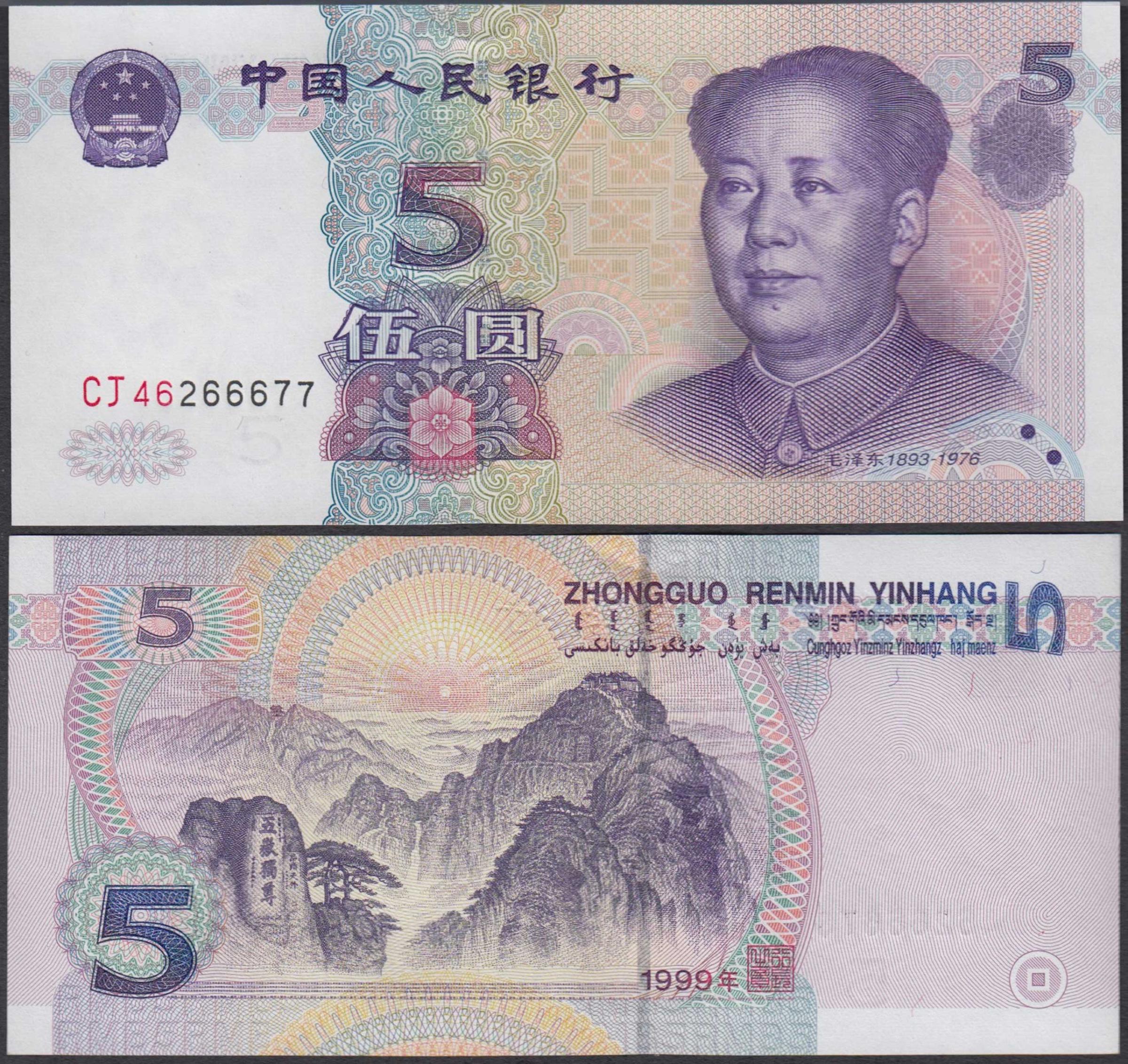
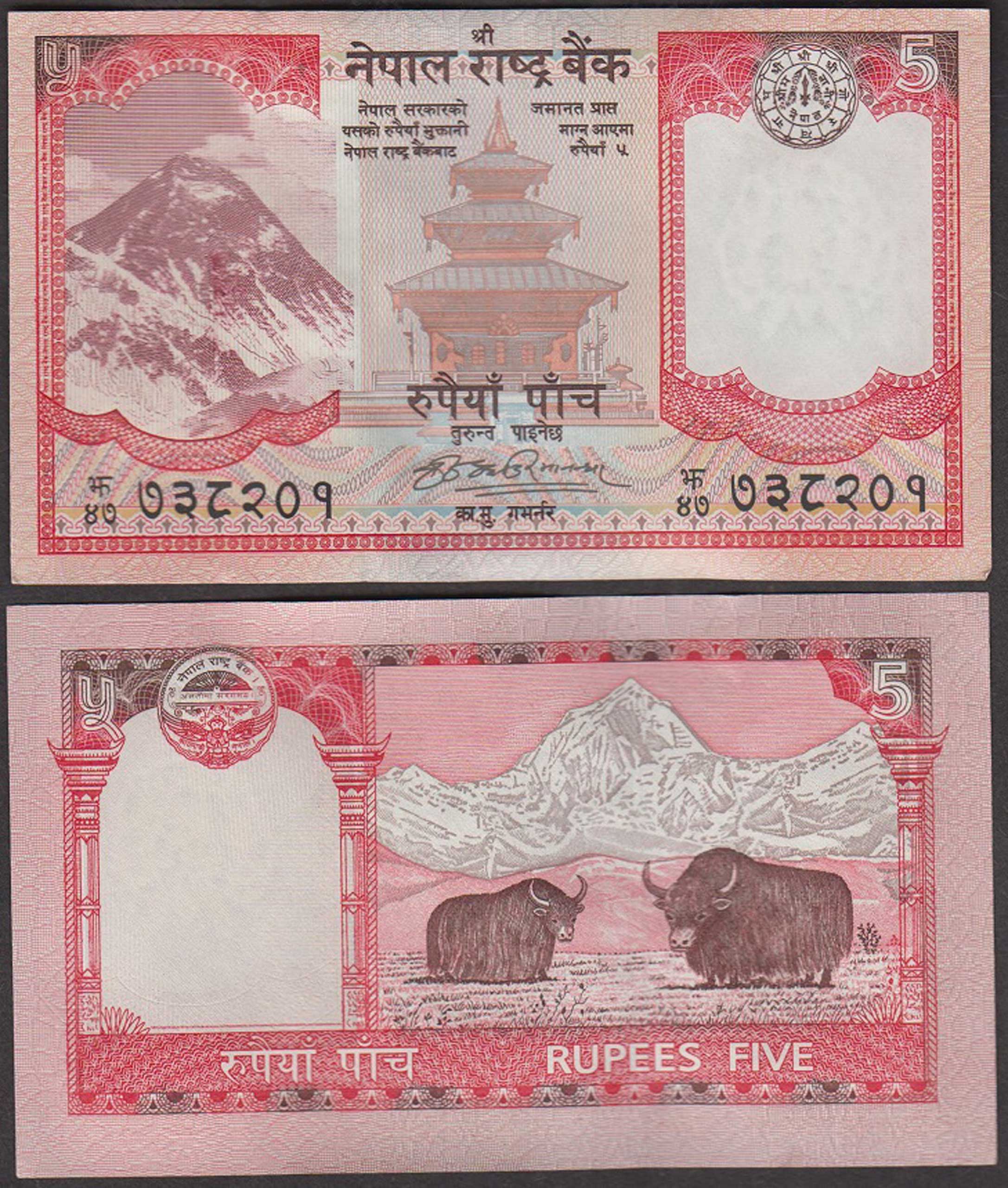







“The aggressive monetary policy, which developed as kind of a new approach to managing [the economy] and was largely international, brought us these very low interest rates,” says Shiller. What’s more, “long rates are low, which represents some kind of public attitude that this [new normal] is going to go on for a long time.” As I have written many times, long periods of easy money always create bubbles. Meanwhile, says Shiller, “there’s another not so commonly-raised factor in connection with understanding the market: concern about inequality, which is rising, and also related to that a concern about information technology replacing jobs.”
Both of those things add to the sense that there is bad news lurking underneath those seemingly strong corporate earnings data of the last several years. That makes investors jittery.
But there’s another narrative. America is still the prettiest house on the ugly block that is the global economy. Where else can people park their money, if not in U.S. blue chips? Shiller adds that the growing sense that bad news may be looming can also “encourage people to accept high prices for houses and the stock market because they need to have something for the future.” Rising markets are supported by investors and consumers who need them to rise, because it makes them feel richer. “And they’re not going to say, “Oh, this price is too high, I’m going to consume this,” says Shiller. Rather, they accept the higher and higher asset prices – until they don’t anymore. That’s when the bubble bursts.
Those two dueling narratives may be one reason that markets have been volatile of late. People who hold equities have earned a lot of money — the stock market has gone way up. You could conclude, says Shiller, “I’ve got so much money, let’s go on a cruise! Let’s have a lark.” That sentiment drives consumer spending at the higher level. “But maybe you don’t because you’re worried. You have the sense that [things could change] — or maybe you’re worried about your children,” says Shiller. “In 20 or 30 years, I don’t know what they’re going to be doing. I’m just worried. Or maybe they’ll be doing horribly. So let’s keep that stock.” That in turn buoys markets. It’s a somewhat bipolar cycle that fits with the level of volatility we’ve seen all this year, which is much higher than last.
So what happens now? At some point, the market will receive some important new signal. It could be a rate hike from the Fed this week. Or it could be another raft of bad news from China. At that point, we’ll likely see another sell-off. The question then is whether it becomes a stampede. There’s no metric that will answer that question for sure. Emotions, as much as data, hold the key to what the markets will do. No wonder Shiller won the Nobel for saying as much.
See The 7 Most Important Tech CEOs You Wouldn't Recognize
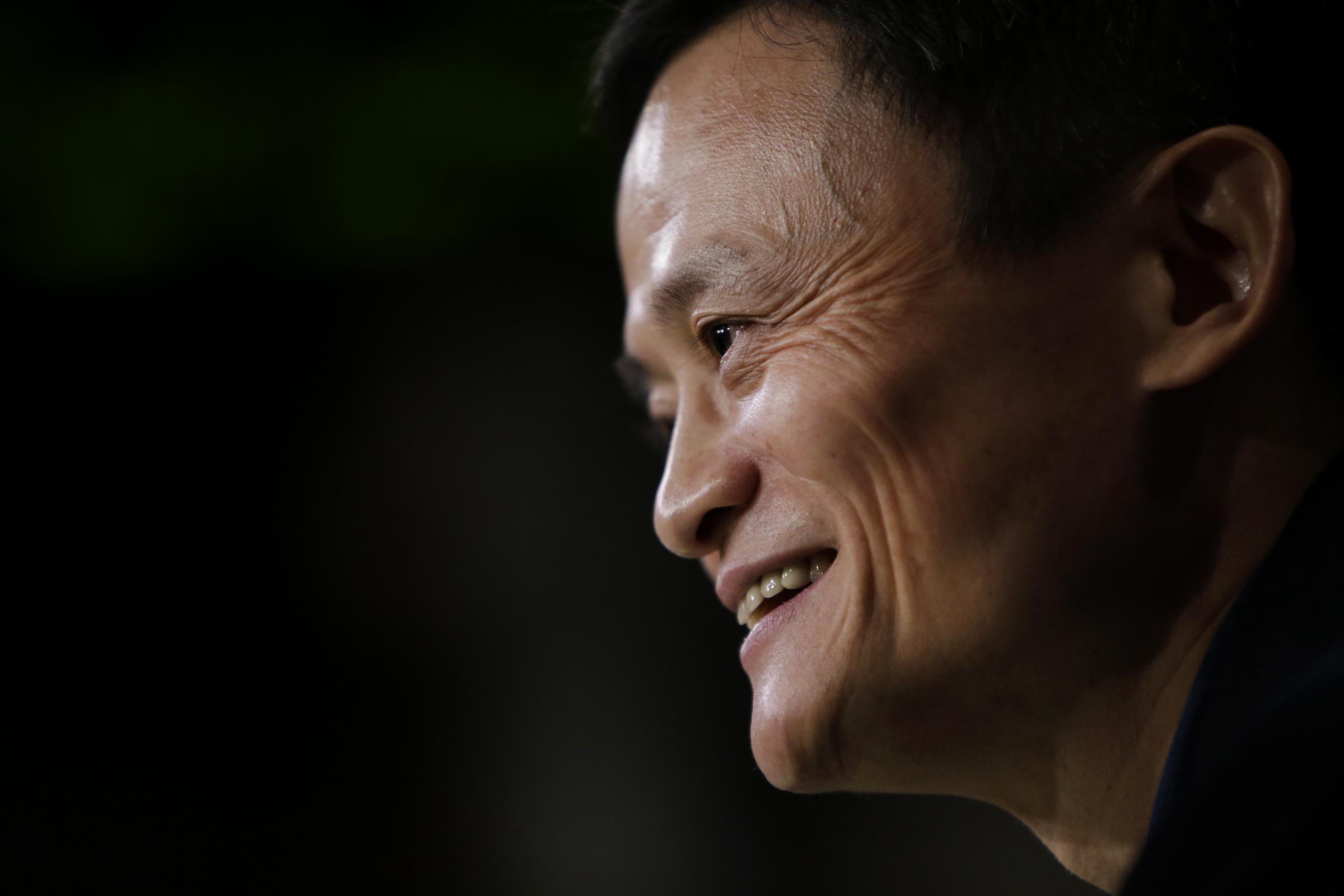
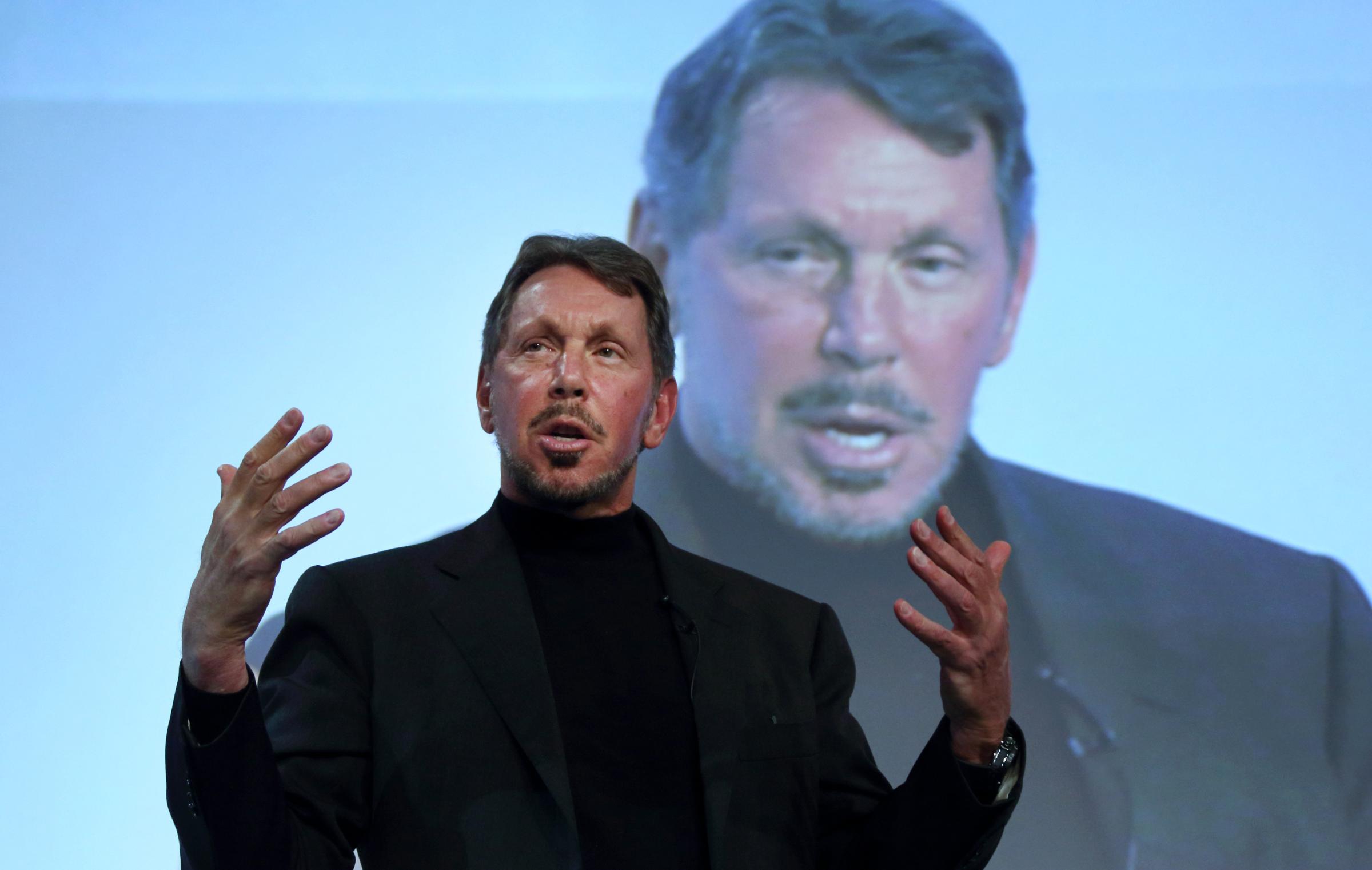

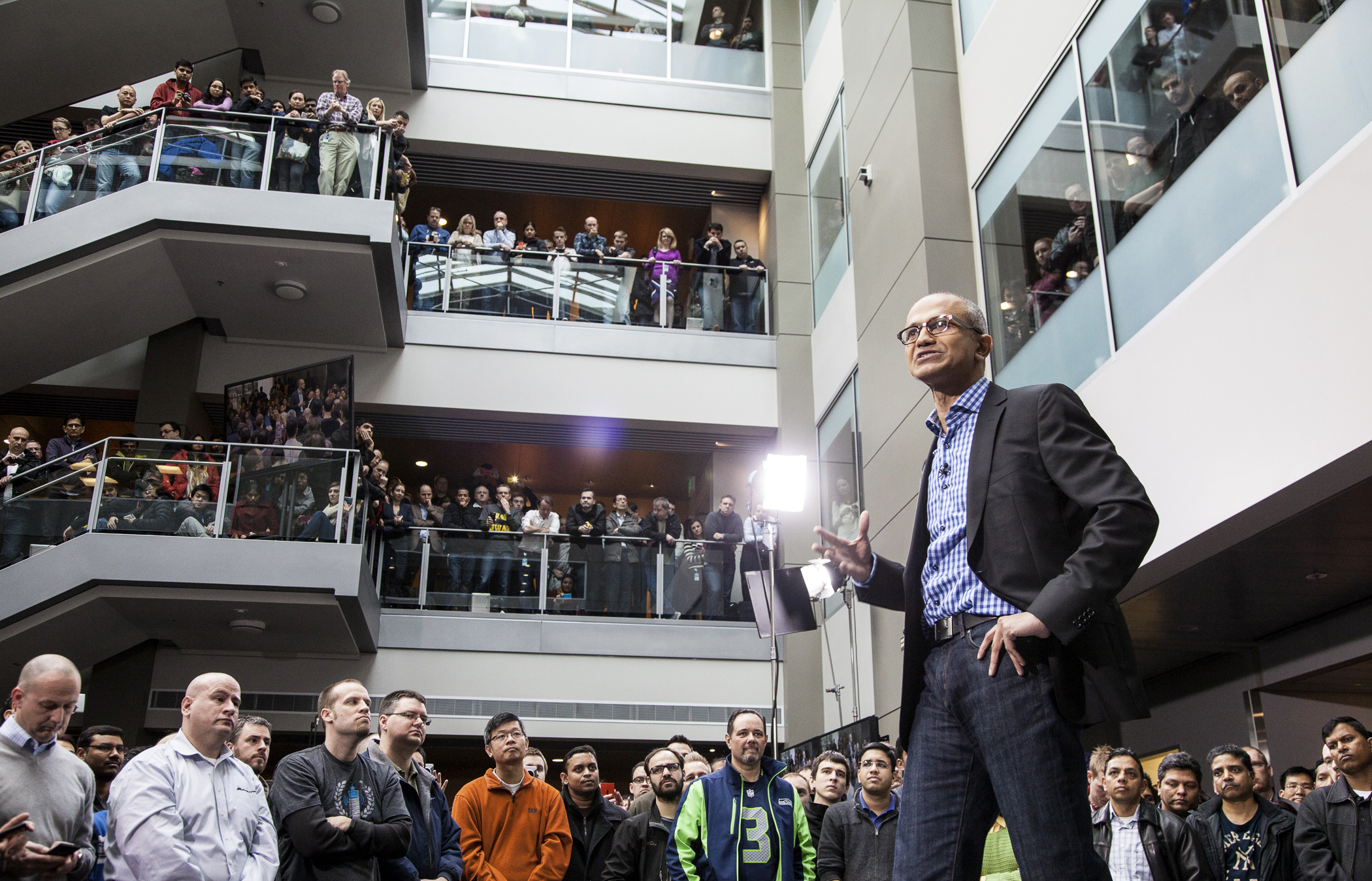
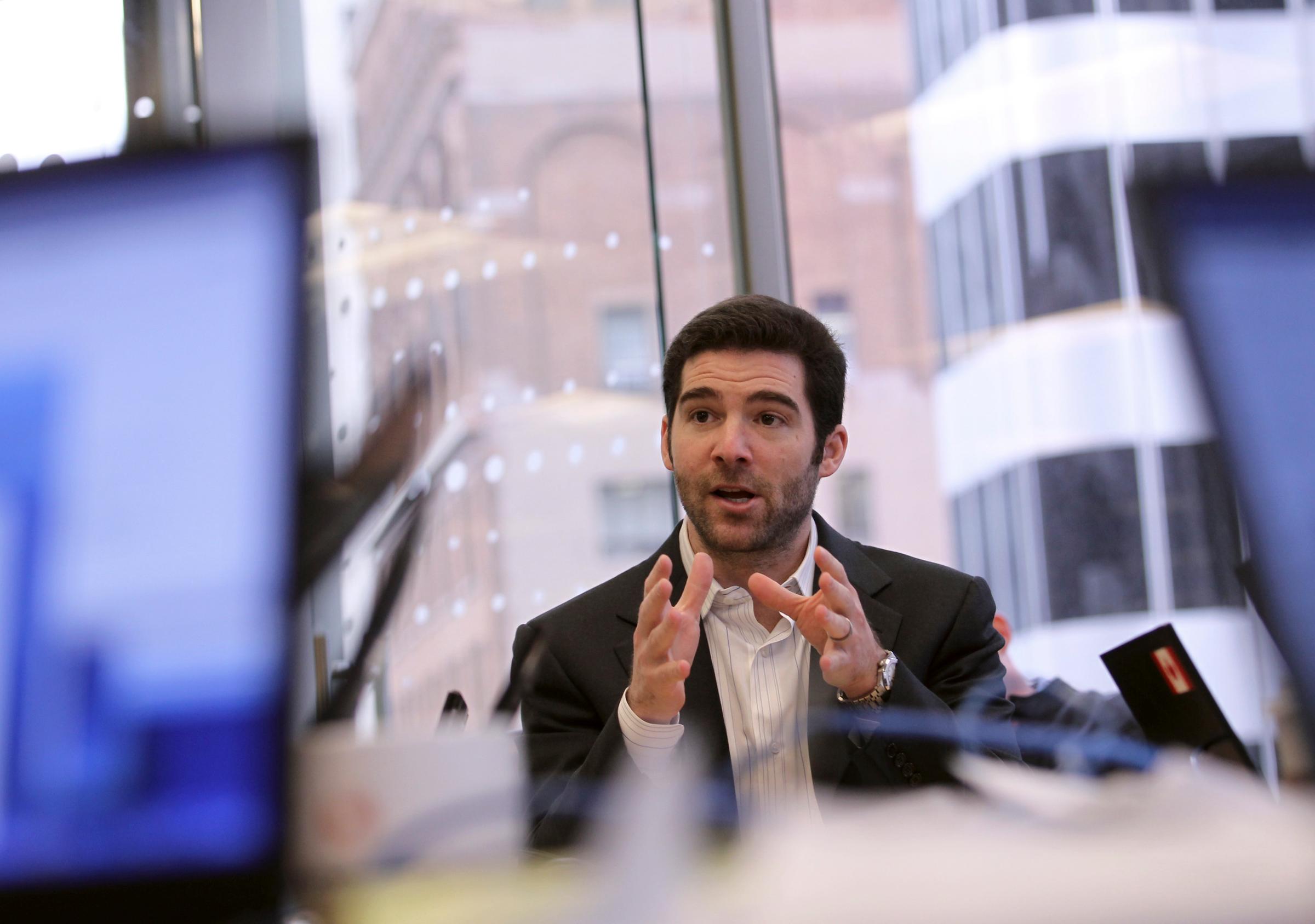
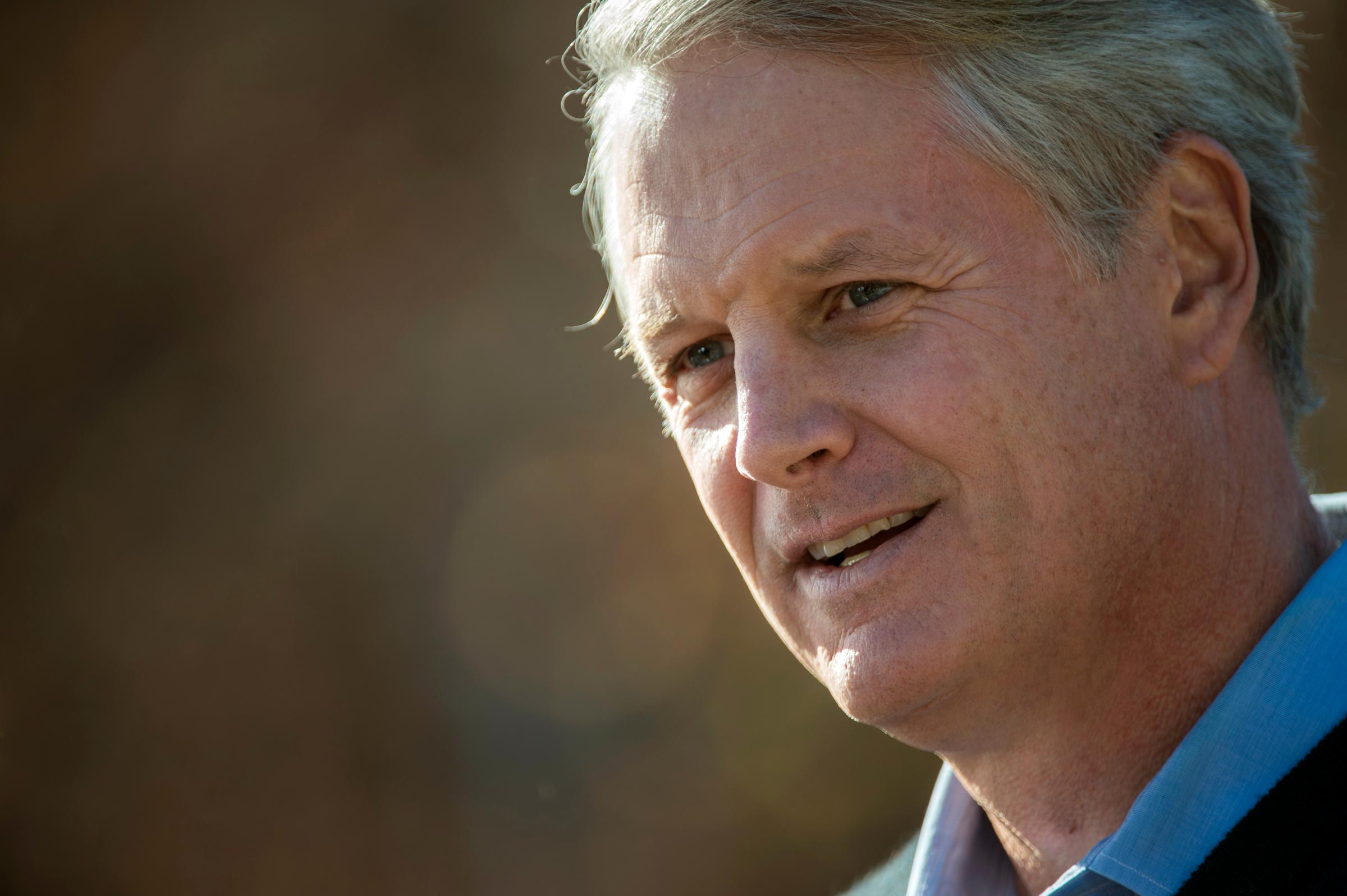
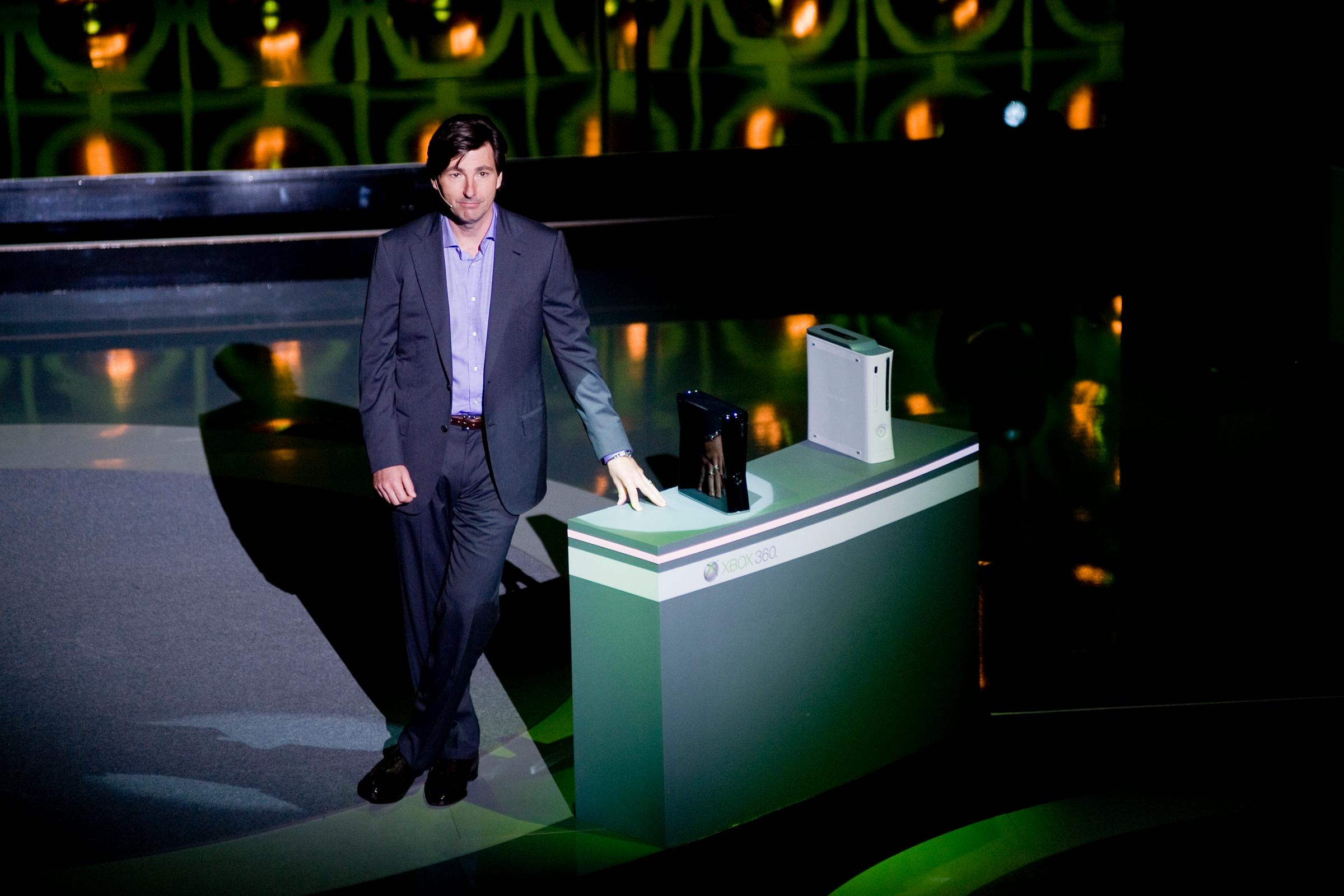
More Must-Reads from TIME
- How Donald Trump Won
- The Best Inventions of 2024
- Why Sleep Is the Key to Living Longer
- Robert Zemeckis Just Wants to Move You
- How to Break 8 Toxic Communication Habits
- Nicola Coughlan Bet on Herself—And Won
- Why Vinegar Is So Good for You
- Meet TIME's Newest Class of Next Generation Leaders
Contact us at letters@time.com